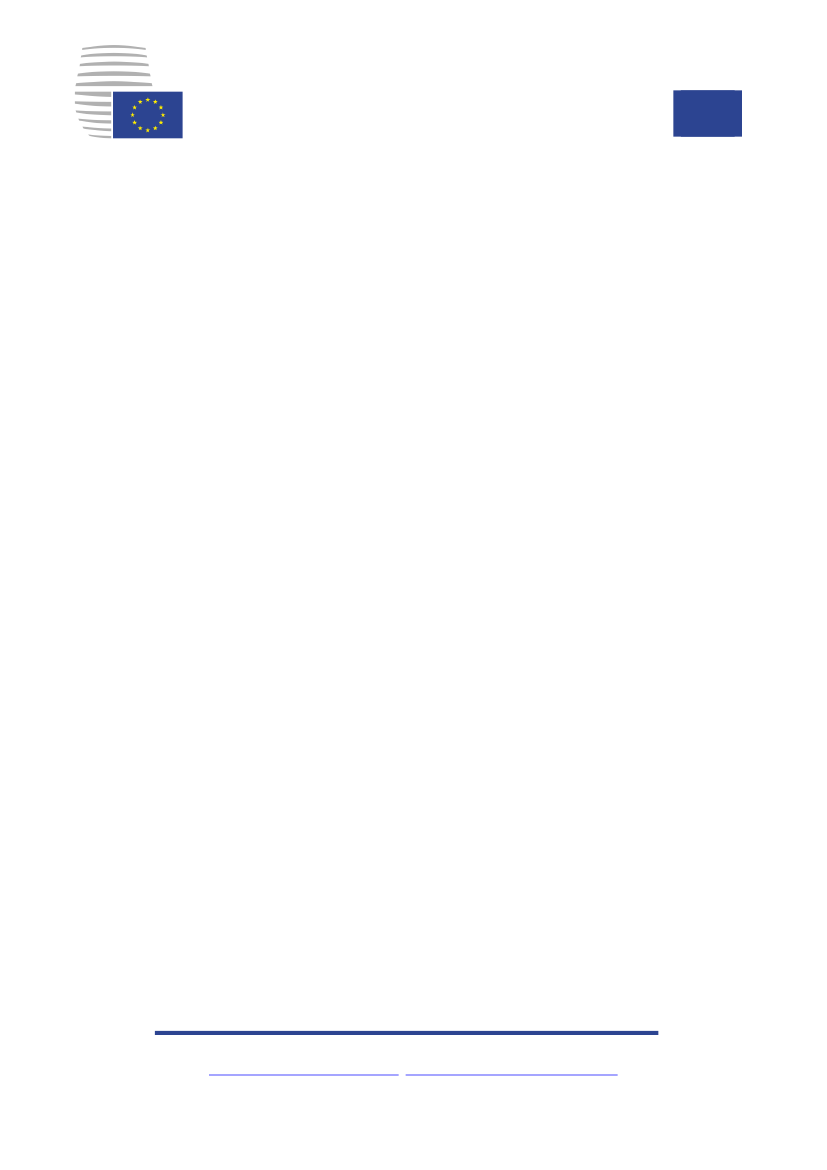
Council of the
European Union
14120/15
(OR. en)
EN
PRESSE 69
PR CO 61
OUTCOME OF THE COUNCIL MEETING
3426th Council meeting
Foreign Affairs
Brussels, 16 and 17 November 2015
President
Federica Mogherini
High Representative for Foreign Affairs and Security
Policy
PRESS
Rue de la Loi 175 B – 1048 BRUSSELS Tel.: +32 (0)2 281 6319 / 6319 Fax: +32 (0)2 281 8026
[email protected] http://www.consilium.europa.eu/press
14120/15
1
EN